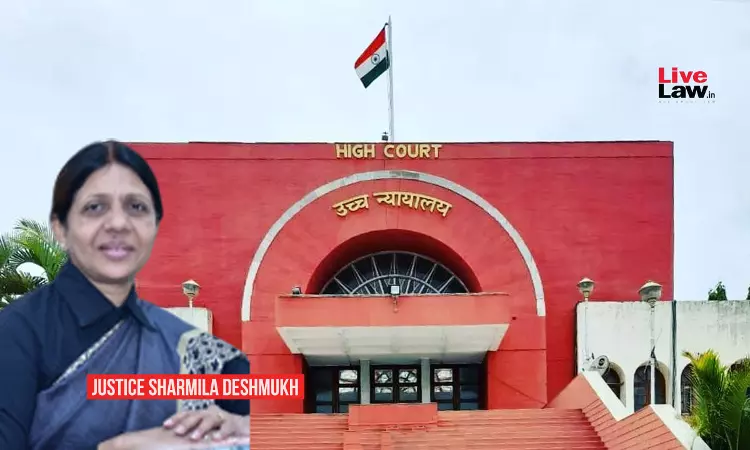Section 151 CPC | Bombay High Court Allows Correction In Sale Deed After 38 Yrs
Sharmeen Hakim
15 March 2023 7:15 PM IST

Next Story
15 March 2023 7:15 PM IST
Observing that the Court’s powers under Section 151 and 152 of the Code of Civil Procedure are to rectify errors and do substantial justice, the Bombay High Court allowed correction in a sale deed after thirty-eight years.Section 5 of the Limitation Act is elastic enough to apply the law in a meaningful manner to meet the ends of justice, Justice Sharmila Deshmukh back then at the...
